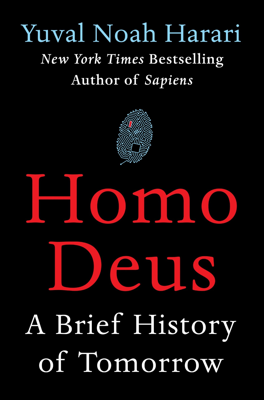The Humanist Revolution
The chapter, titled "The Humanist Revolution," delves into how the ideological landscape shaped by humanist beliefs—individualism, human rights, democracy, and free markets—has dominated the modern era, presenting no serious contemporaries as alternatives. The discussion emphasizes that the triumph of liberalism has been so complete that current political and social movements across the globe largely seek to demand its ideals rather than oppose its foundation.
Developing countries like China, although economically burgeoning, ideologically remain vacuums adhering only nominally to corrupted communist ideals without presenting a cohesive challenge to liberal ideologies. Conversely, movements like radical Islam, despite their resurgence, fail to offer relevant prescriptions to the challenges of modern technological and economic conditions. Such movements do not engage with essential contemporary issues like genetic engineering or AI, focusing instead on archaic religious tenets.
Despite the prevailing dominance of liberal humanism, the chapter warns of the potential self-cannibalizing nature of liberalism as human pursuits push towards maximizing human life expectancy, happiness, and power. The advancement towards human enhancement through biotechnology and AI might eventually reveal the limitations and the potential obsolescence of the humanist model by demonstrating that human experiences, which have been the bedrock of humanist philosophy as having intrinsic value, can be synthesized, manipulated, or commodified.
The chapter underscores that while liberalism has adjusted better than ideologies like socialism to the technology-intensive era, it may find itself struggling in future landscapes shaped by technologies that challenge humanist conceptions of free will and individualism. The possibility that technological advancement might allow humanity to achieve the once metaphysical pursuits of immortality, bliss, and god-like power could paradoxically undermine the very principles of value and rights upon which liberalism stands.
In exploring these ideas, the chapter leads into a reflection on the broader implications for a future where humanity might extend beyond the worldview that has, until now, shaped our societies, cultures, and governments. Here, it poses the poignant question of what follows when the human experience itself ceases to be a fixed, unmanufacturable constant and instead becomes a variable that can be engineered to suit particular needs or desires.
